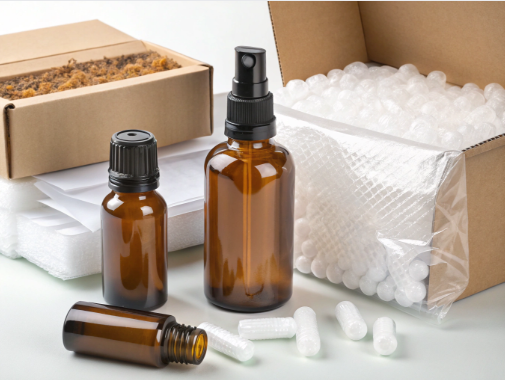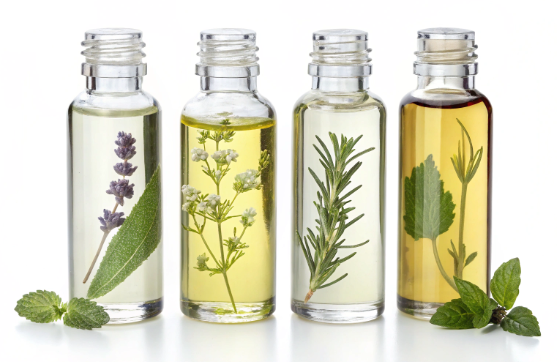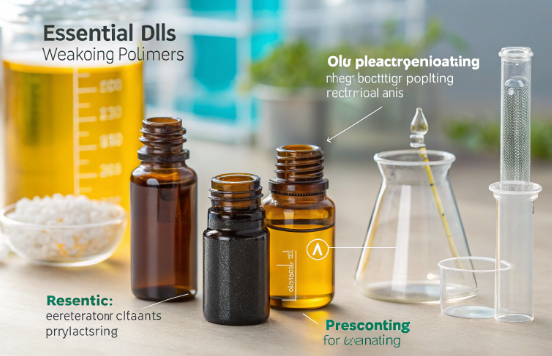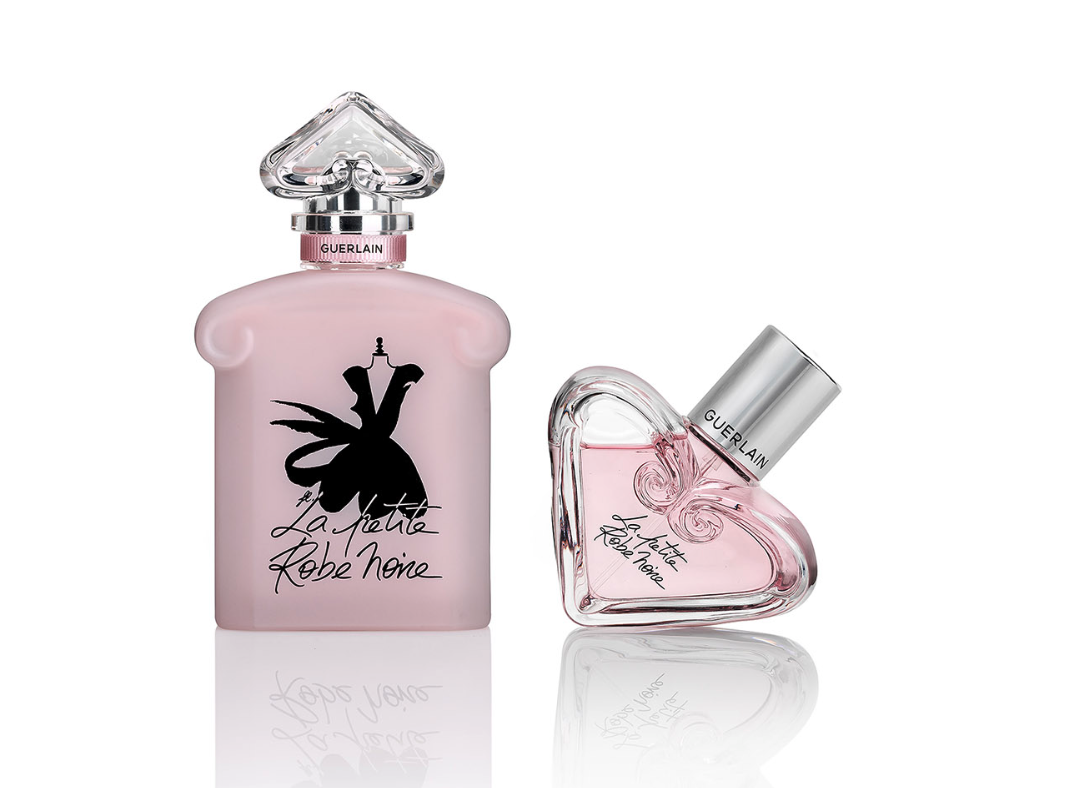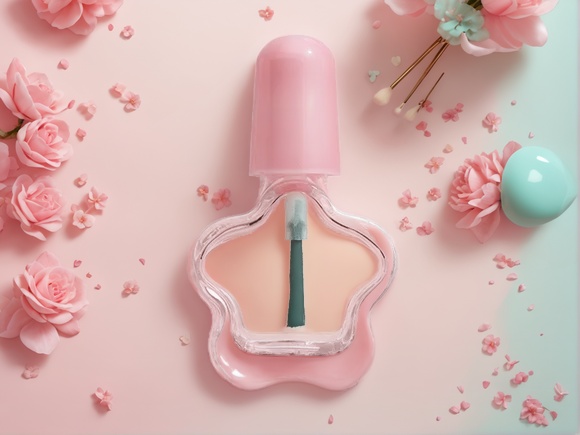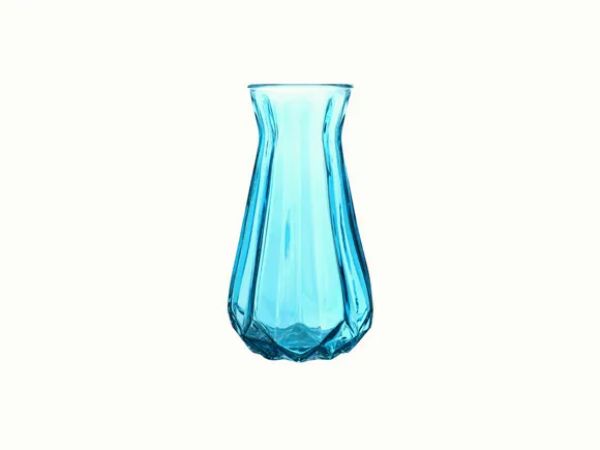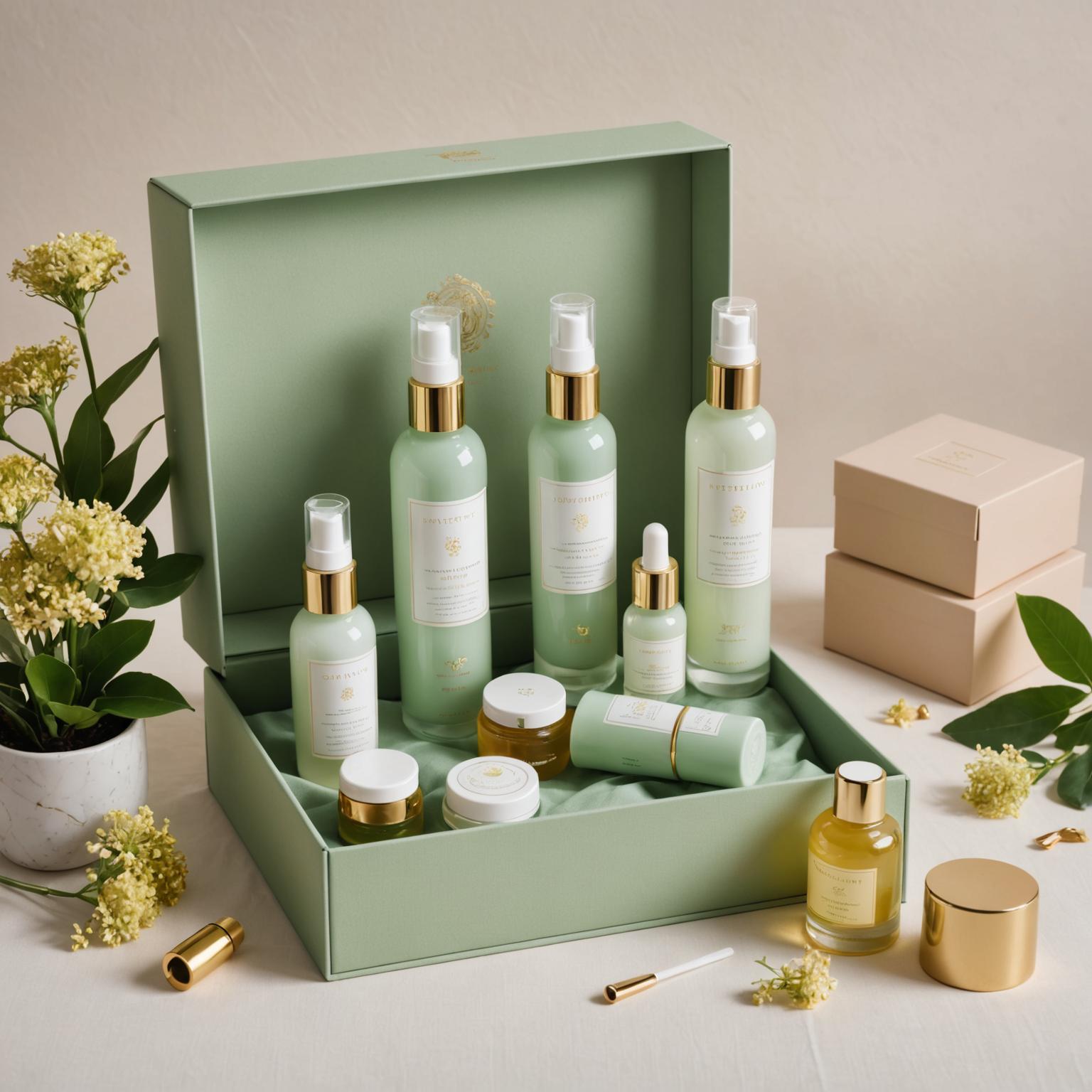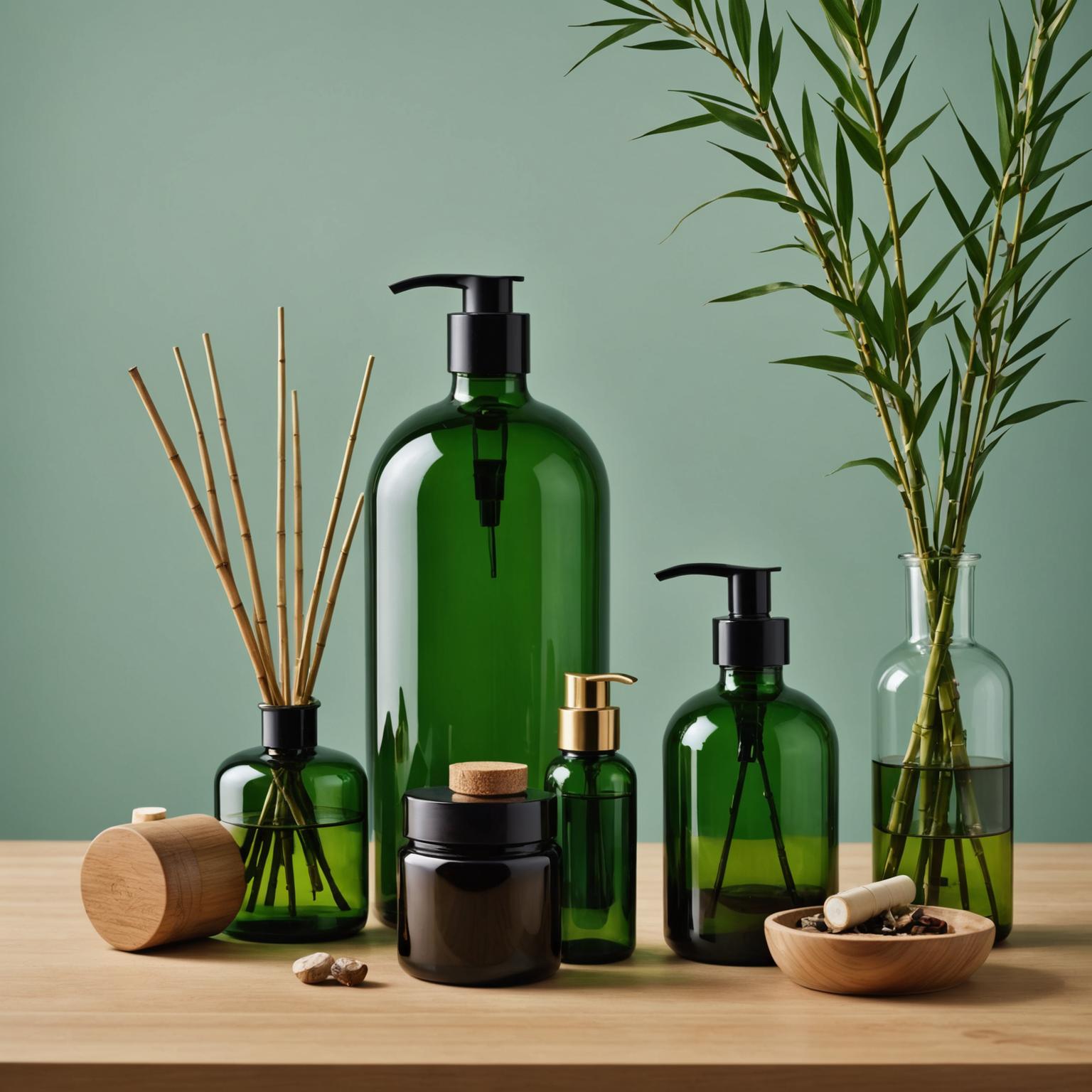They may be natural, but essential oils are chemically strong. When stored in the wrong material (such as plastic), they don’t just sit quietly. They attacked.
Essential oils break down plastics because their volatile organic compounds (VOCs) dissolve plastic polymers, resulting in structural collapse, leaching and contamination.
At Paupack, we can help customers avoid expensive formula failures by providing engineered glass bottles that contain even the most reactive essential oils.
Why are essential oils breaking down plastics?
This is a chemical mismatch - oil is a strong solvent and plastic simply cannot support it.
Essential oils break down plastics because they contain strong lipophilic (fat-loving) molecules that dissolve many plastic materials, especially pets or polystyrene, and especially bonds in lower-grade materials.
Common Reactions
| Essential Oil Components | Impact on Plastics |
|---|---|
| Limonene (from citrus) | Decompose pets and PS |
| Eugenol (from Dingliu) | Creating softening and discoloration |
| Minn (from mint) | Trigger warping or melting |
This is why Paupack's essential oil bottles are specially made from non-reactive amber or cobalt glass, ensuring chemical integrity and prolonging shelf life.
Why does oil dissolve plastic?
Not all oils are dangerous, but essential oils are more like industrial solvents than cooking oils.
Essential oils dissolve plastics because their tiny non-polar molecules can penetrate and weaken polymer chains in many plastics, causing them to soften, crack or leak.
Science simple
-
Non-polar oil +Non-polar plastic = Chemical affinity
-
Diffusion occurs: Petroleum molecules enter plastic
-
Polymer bond weakens: structure collapse or melting
This is why HDPE and PP plastics sometimes accept carrier oil, but pure essential oils are never recommended. For centralized products, Paupack always recommends using sealed seal glass packaging to prevent reaction and evaporation.
Can essential oil melt the plastic?
Essential oils are often diluted and can still be chemically aggressive.
Yes, many perfumes (especially spice oils with essential oil parts) melt or degrade plastic over time, depending on the strength of the oil and plastic.
Essential Oils and Plastics
-
Synthetic mixture: may contain solvents such as phthalate
-
Natural Mix: Still Contains Reactive Terpenes and Aldehydes
-
Plastic types such as PS, PET, PVC: High risk of collapse
Paupack often works with perfume oil brands to test packaging compatibility. We offer sample testing services and small batch runs in glass bottles to ensure aroma integrity before full-size production.
Why does the essential oil melt styrofoamed polystyrene?
This dramatic reaction proves the true degree of chemically effective essential oils.
Essential oils melt styrofoamed polystyrene (polystyrene) because their solvent dissolves the polymer chains upon contact, causing the foam structure to collapse immediately.
Why does it happen so fast
-
Foaming polystyrene is made of polystyrene, a soft solvent-sensitive plastic
-
Essential oils work like paint thinner or acetone
-
Even a drop of citrus oil can dissolve the foam immediately
This is why foam, soft plastic or uncertified containers should not be used for storage, shipment or applying essential oils. At Paupack, our glass packaging is chemically tested and designed to withstand every drop every time.
Conclusion
Essential oils are nature's chemists - plastics can't keep up. At Paupack, we use packaging built to protect your oil (and your brand) to resist chemical crashes, stay effective and look tall on every shelf.




